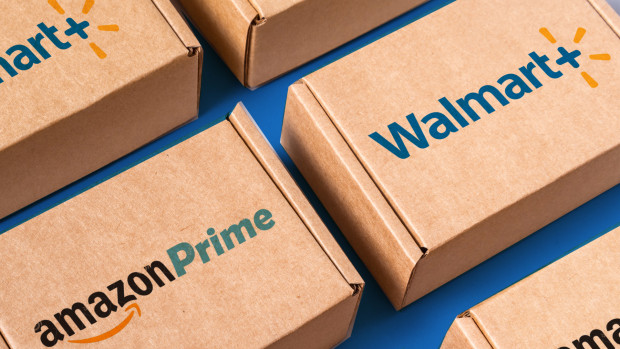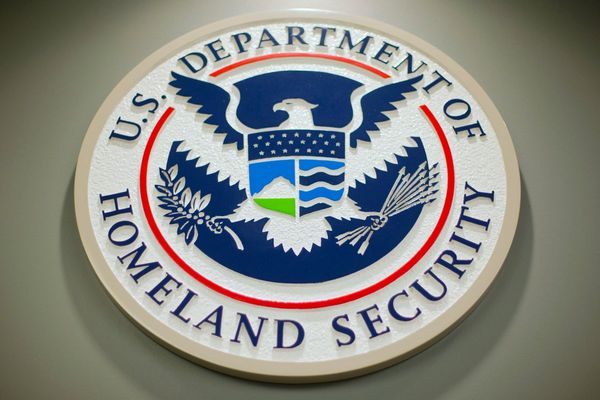
One of the most convenient developments of the 21st century has been the online-shopping revolution.
Before the mid-2010s, many of us simply went out to the store to get what we needed. Occasionally, we'd pick up miscellaneous items that weren't absolutely necessary on, say, a Target (TGT) -) run or in the checkout aisle of a grocery store.
DON'T MISS: CVS is launching a genius way to cut costs for its customers
Splurge and impulse purchases were nothing new, though. By and large, shopping had remained the same for decades. You went to the grocery store for food, the drugstore for medicine, the package store for liquor, and a big-box store for back-to-school and larger recreational and home-improvement items.
Of course, all this changed with the advent of Amazon (AMZN) -) Prime, which launched in 2005.
The service, which gave customers access to two-day shipping for over one million items, was dubbed "all-you-can-eat-express-shipping" for just $79 a year. Prime saw extreme growth throughout the 2010s, and Amazon now boasts more than 200 million Prime members globally.
It didn't take long for those big-box retailers to enter the race. Target and Walmart (WMT) -) both now have their own versions of Prime and even run their own Prime Days of deals.
Walmart is uniquely positioned to capture some of the online frenzy, as it has a store within 10 miles of 90% of the population. Large stores already stocked with goods double as fantastic fulfillment warehouses, and Walmart Plus has already managed to capture more than 59 million members.
Walmart is in the fulfillment race
With both Walmart and Amazon firmly established as incumbents in the road-delivery game, the next natural step for both retailers has been faster fulfillment in the sky. Sky or drone deliveries mean less traffic to faff about with, fewer delays, and more personalized delivery methods. It also means fewer drivers.
Amazon has been experimenting with drone delivery since late 2022, announcing that it had built electric and autonomous drones capable of delivering up to five-pound packages. But it has been slow to roll out the service.
Walmart, on the other hand, has been blazing forward with its sky tech. Rather than building out its own proprietary delivery methodology, it outsourced its sky-high ambitions to none other than Alphabet. (GOOGL) -)
Google's parent has been quietly and quickly working on its drone-delivery company, claiming that by 2024 it should be able to handle millions of package deliveries faster and cheaper than ground transit.
All that progress is paying off, as Walmart just announced on Thursday that it was adding an additional 60,000 Dallas-area households to its delivery range. Anyone living within six miles from two Walmart stores should be eligible for the service. All they need to do is download the Wing app (yes, another app) and input their address.
Walmart already offers drone package delivery from 36 stores across seven states: Arizona, Arkansas, Florida, North Carolina, Texas, Utah and Virginia.
It hasn't been shy about its ambitions or its capabilities. In January it released a presser claiming it "is uniquely positioned to offer drone delivery at scale with its 4,700 stores located within 90% of the U.S. population." As of that release, Walmart had completed 6,000 drone deliveries in as little as 30 minutes.
Here's what it's been delivering the most, in order:
- Great Value Cookies and Cream Ice Cream 16 oz
- 2 lb Bag of Lemons
- Freshness Guaranteed Hot Rotisserie Chicken
- Red Bull 8.4 fl. oz
- Bounty Select-a-Size Paper Towels
With fresh rotisserie chicken finally hitting the skies, it's only a matter of time until pigs -- bacon -- actually take flight, too.
Action Alerts PLUS offers expert portfolio guidance to help you make informed investing decisions. Sign up now.







